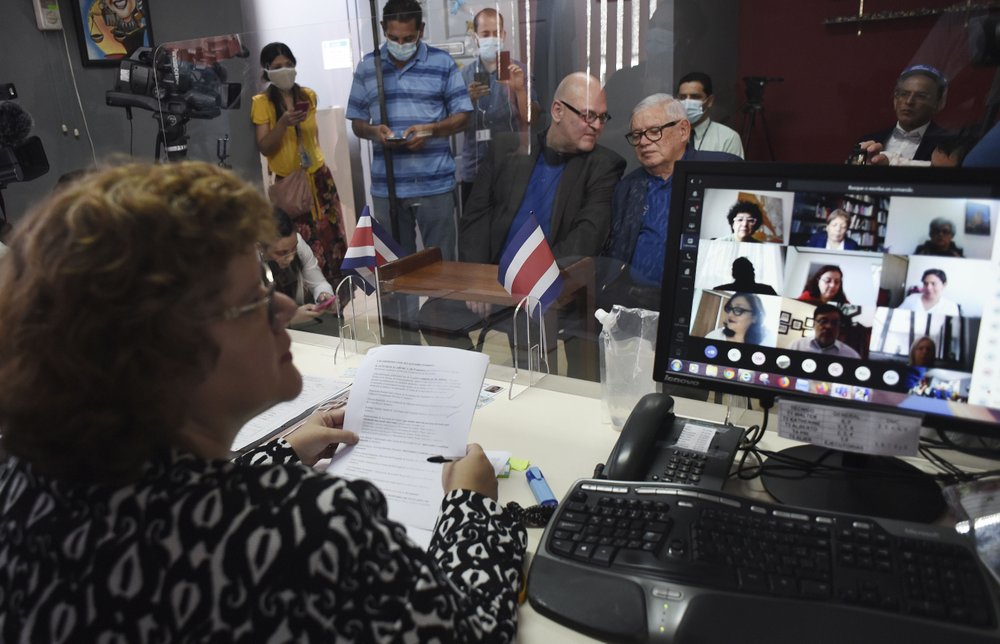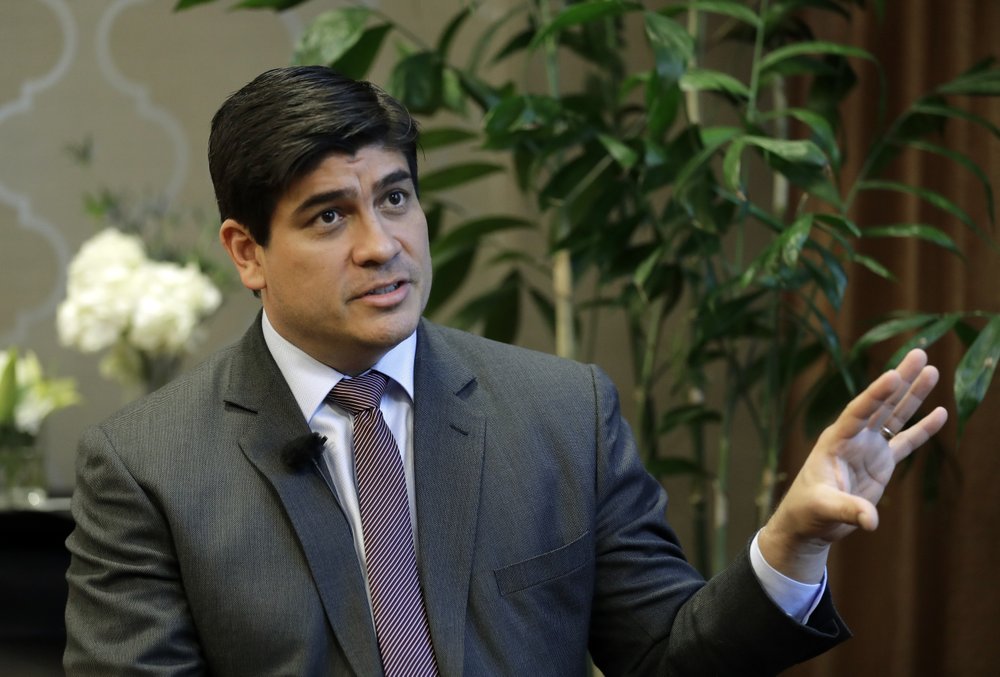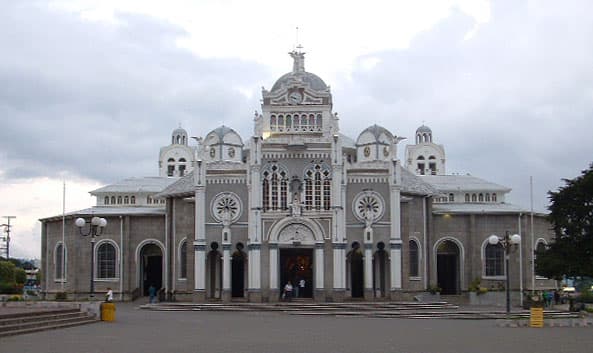ROSARIO, Argentina – Catholic bishops in Costa Rica, with the backing of the Evangelical Alliance, are against a proposed reform of the constitution removing Catholicism as the official state religion.
Christian leaders in the Central American country argue that the move is fueled by anti-Catholic bias and would actually erode the religious freedom currently enjoyed nationwide.
According to the latest census, over 70 percent of the population of five million describe themselves as Christian, with Catholics representing just over 50 percent of the country’s total population.
Yet Maria Vita Monge, a deputy from Social Christian Unity Party, presented the proposal to de-establish the Church, citing the fact that it is the only country in the region with a state religion: In fact, the only other officially Catholic states are Liechtenstein, Malta, Monaco and Vatican City.
The bishops conference released a document in response offering a defense of the current constitutional status.
“The deputies proposing the constitutional reform to the text of article 75 and article 194 of our Magna Carta uncritically assume a text from a sector that under the guise of a ’benevolent secularism’ seeks a ‘neutrality of the State in religious matters’,” the bishops write. This, however, “does not come to provide any added benefit or protection to the religious freedom of the inhabitants of the Republic.”
The bishops also said “this initiative is protected by a justification that summarizes markedly anti-Catholic prejudices” that are only supported by a minority of the population, a fact demonstrated by the support of the Evangelical Alliance in keeping the articles in the constitution.
This was alluded to last year by Fabricio Alvarado, the 2018 presidential candidate for the New Republic Party, who said he opposed the bill because the aim was making Costa Rica an “atheist state, a godless state, a state where the people who profess a religion have no right to express themselves.”
“As we know, the Citizens’ Action Party [the ruling party] promotes euthanasia, abortion, same-sex marriage and promotes all these issues that are against the values of the Costa Rican being,” he said.
Costa Rica’s supreme court issued a decision in May legalizing same-sex marriage, a ruling that was praised by Costa Rican President Carlos Alvarado Quesada, a member of the PAC.

The bishops argue that the proposed new next for the constitution “does not reflect a correct development of religious freedom as a root human right and of fundamental importance not only in the correct conception of a democratic state, but also especially necessary in the development of the human person; it assumes an individualistic and biased vision of the religious phenomenon.”
Despite the fact that Catholicism is the official religion, the population of Costa Rica is free to choose their religious affiliation or non-affiliation. A quarter of the population is Protestant, and nearly 20 percent say they are atheist or agnostic.
Although the Catholic Church is the only religion officially tax exempt, most other congregations are registered as cultural associations. Costa Rica bans members of the clergy from holding certain public offices, but this only applies to Catholic clergy, since it is the official religion.
In the statement, the bishops pointed to the historical and sociological reasons for the development of the constitution of Costa Rica, calling it “a nation that was born under the protection of the Christian faith and specifically the Catholic faith.”
The bishops also argue that they cannot endorse the draft law, not because they’re in principle against of the idea of a lay state, but because the proposal did not come from “a positive treatment of the religious phenomenon in society, and does not lead to a healthy treatment and development of religious freedom.”
“Rather, it surrenders before positions that note, if not a prejudice, an individualistic and reductionist conception of religious freedom and of the religious reality, as a fully human act,” they said.

Monge says the proposed constitutional changes are seeking legal security for the plurality of religions in Costa Rica, while at the same time recognizing the human right to freedom of thought and conscience. Last year, she requested a meeting with Pope Francis through the Vatican’s representative in the country to discuss the “need of a lay State in Costa Rica.”
“The request was made after His Holiness, as leader of the Catholic Church in the world, reiterated on several occasions the need for countries to be lay,” she argued in a statement released over the weekend.
“It’s fundamental that, in discussing such a sensitive topic, we establish a dialogue with the Vatican’s Secretary of State and the Holy Father,” she added. Monge first proposed the bill in May 2019, but the debate is now just heating up.
“If the Holy Father agrees [with a lay state], I don’t see a reason why the Catholic Church in Costa Rica would oppose to us being a lay State,” she said.
Carmen Chan, the politician who currently leads the New Republic Party, said she “totally opposes” the proposed changes.
“We are clear on the fact that the PAC and their allies are bothered when the Catholic Church or any other religion raises its voice to defend its religious precepts and values,” Chan said recently. “I’m struck by the fact that some activists who have publicly expressed that the Church should not voice an opinion on issues of national interest are the same activists who today support or promote a lay state, with characteristics that will endanger religious freedom in our country.”
Follow Inés San Martín on Twitter: @inesanma















